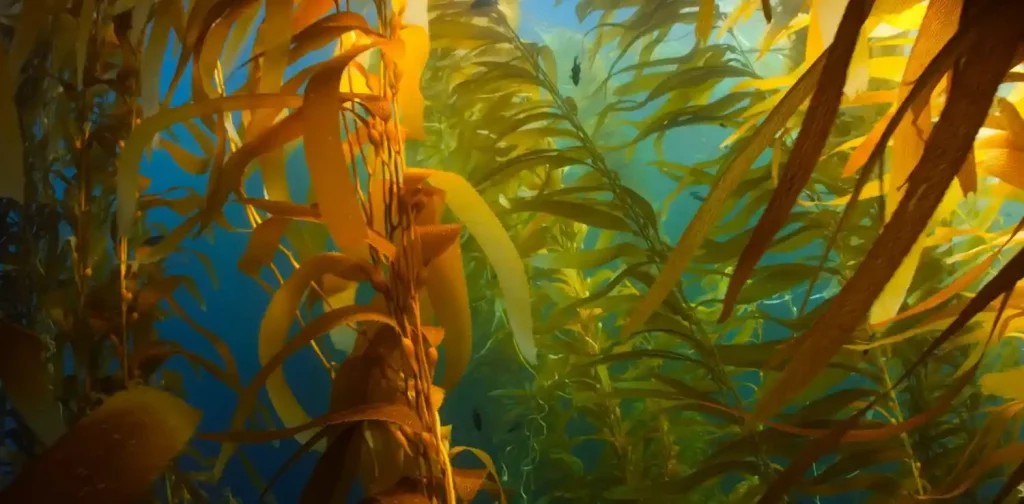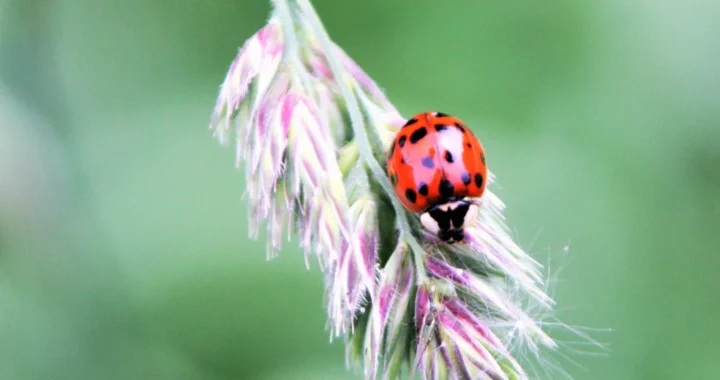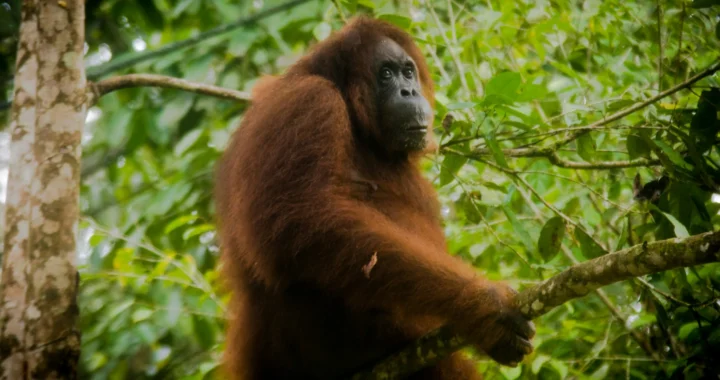Restoring Underwater Kelp Forests in Australia

Photo by Oleksandr Sushko on Unsplash
We are all familiar with the forests above the land, but did you know there are also underwater forests? Kelp is a type of brown algae that live on the coastlines across the world. The area where kelps are growing in a dense population is also called a kelp forest.
Like the land forests, these sea forests have been suffering from a population decline due to climate change. As one of the homes of giant kelp forests, Australia has been making several attempts to restore the giant kelp forests in their areas.
Kelp forest: the benefits and declines
Kelp forests usually exist where the water is relatively shallow and penetrable by sunlight. Their functions are similar to the land forests: an ecosystem for animals and organisms to live and excellent CO2 absorbers.
Kelp forests have been facing a population decline. The Giant Kelp Marine Forests of South East Australia are listed as endangered under the Environment Protection and Biodiversity Conservation Act 1999 (EPBC Act).
The main culprit behind it is global warming. The rising temperature of seawater stresses the kelps, which thrive in cool temperature water. The sudden boom of sea urchins due to the lack of their natural predators also causes overgrazing, where plants are overly-consumed to the point where only patches of soil are left.
Restoration strategies and successes
Researchers in Australia examine the restoration efforts of the kelp forests. The article identifies two main strategies for kelp forest restoration: assisted recovery and active restoration.
Assisted recovery strategy ensures the recovery of kelps by removing sea urchins or installing substrata—a layer of rock or soil beneath the surface of the ground—for kelp colonization. Meanwhile, an active restoration strategy involves transplanting adult and young kelps from a donor site or outplanting lab-cultured kelps.
One notably successful attempt is Operation Crayweed. This operation aims to re-establish crayweed, a species of brown algae, to their original habitat at the Sydney reef using the transplantation strategy. Attaching the transplanted crayweed into the deforested rocks allows them to reproduce and create a new and self-sustaining population on the reef. In 2019, crayweed started multiple generations in six different locations.
A chance to fight climate change
The ocean covers 71% of the earth’s surface. The ocean ecosystem is a crucial—but often neglected—part of our efforts to achieve sustainability.
In recent years, algae have captured the attention of researchers due to their benefits. This discovery shows that efforts, funds, and studies should also go into researching and understanding our ocean. Restoring the underwater forests around the world and making sure they’re sustainable means tapping into new resources and possibilities in helping us fight climate change.
Editor: Nazalea Kusuma

Subscribe to Green Network Asia
Strengthen your personal and professional development with cross-sectoral insights on sustainability-related issues and sustainable development across the Asia Pacific and beyond.

Kresentia Madina
Madina is the Assistant Manager for Digital Publications at Green Network Asia. She graduated from Universitas Indonesia with a bachelor's degree in English Literature. She has three years of professional experience working on GNA international digital publications, programs, and partnerships particularly on social and cultural issues.


 Looking into Biochar as a Bioremediation Agent
Looking into Biochar as a Bioremediation Agent  Australian Climate Visa for Citizens of Tuvalu: Showcasing cross-border partnership in light of the climate crisis
Australian Climate Visa for Citizens of Tuvalu: Showcasing cross-border partnership in light of the climate crisis  Nickel Mining in Raja Ampat and the Widespread Cost of Natural Resource Exploitation
Nickel Mining in Raja Ampat and the Widespread Cost of Natural Resource Exploitation  Lumbung Sosial: Challenges and Opportunities of Indonesia’s Social Barn Program
Lumbung Sosial: Challenges and Opportunities of Indonesia’s Social Barn Program  A Worrying State of Insect Decline
A Worrying State of Insect Decline  GEF Approves Funding for Biodiversity Conservation Projects in Indonesia
GEF Approves Funding for Biodiversity Conservation Projects in Indonesia